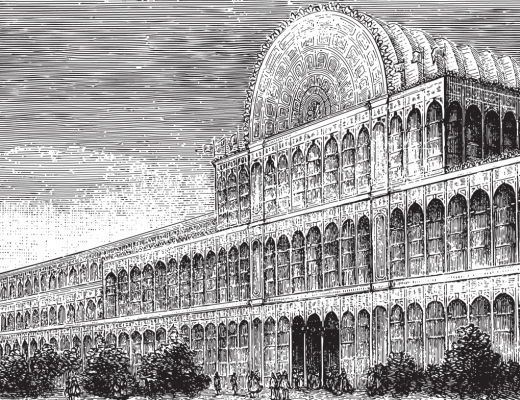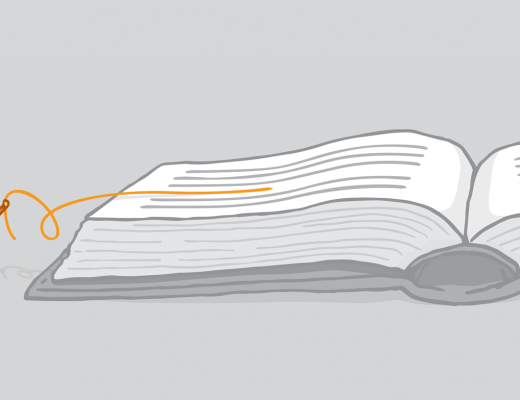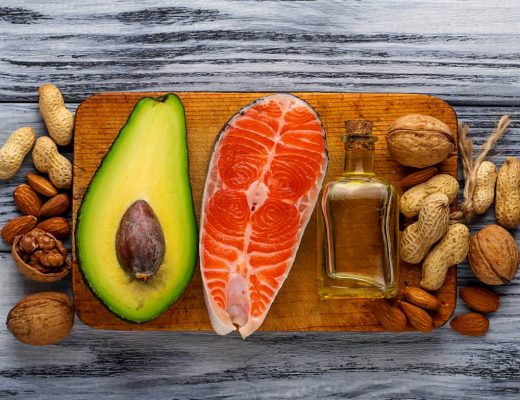As the original texts are written in Turkish, English translation is provided for non-Turkish readers. The author apologizes in advance for any and all possible changes and losses in meaning due to translation.
In 1956 three great engineers Bardeen, Brattain and Shockley received the Nobel Prize in Physics based upon their research carried out in relation to the Semiconductor and their discovery of the transistor. Their inventions have formed a fundamental base for development of future technologies for all high tech inventions which have followed since up until this present time. Some of these consist of, but is not limited to Transistor Radios, Television, Computers, Mobile Phones, Internet, Social Media, and the list extends further on.
So, after all these substantial inventions what are the next key trends which will determine the change of the way in how we will live, communicate and build on for the future of this world?
Now that we have access to these inventions and a vast amount of new applications, products and networks have been introduced, the next key focus will be utilizing what can be done to enable usage of these as a whole and in the best productive way. The next 10 years of evolution on a global network will focus on our ability to connect and integrate all technological resources available on usage, products and networks. It is essential that these are all connected in order to make it possible to reach to the next level of transparency, efficiency and productivity.
I would like to give some examples in context of this situation. On average there are approximately 150 separate sensors in each car. If we had the opportunity to connect the sensors of all vehicles on the road, we would be able to achieve the most reliable map of our cities. People who live alone, and those of old age, would be able to live safer lives with the benefit of sensors connected to their homes. For example, these sensors would be able to detect automatically any sudden jolts by sending signals and help in situations of sudden falls or other life threatening emergencies that may occur within the home. The elderly who experience difficulty in mobilizing outdoors, and those who are posed at risk, would have the benefit of connecting with their doctor for a consultation over the internet at any time. With the use of all households being connected to a network of this kind, we would be able to optimize the utilization of energy during periods of maximum usage and would also allow the opportunity to re-feed unused energy back to the grid. Another example: The solutions offered by ‘Smart Networks’ (Smart Grid division) of Siemens, enables electric, water and natural gas networks to be monitored on the same platform. This system is able to detect with ease the measurement of optimized utilization or how these could be more productively used. In the coming terms we will more and more witness such patterns. The more we connect, with what we have in hand, the more we could increase the transparency and opportunities in the generations to come.
It is at this point of course that the unavoidable question comes to all minds once again: Does the full connectivity increase the risk of what we call ‘”Big Brother is watching”? Will this result in us being more closely controlled?
This is unavoidable, as we already live in an environment today where we are watched and observed every day by all service providers. How many of us take the time to read and peruse the terms and details of usage agreements before subscribing to a service provider? Each time we use our credit card, the service provider can determine what shops we prefer, which items we like, and what our payment patterns are. This happens each time we click on Internet links, Facebook, Google and Twitter our areas of interest are monitored.
The key in the future will be to develop a global standard of by whom and how the information of this kind should be used. However, the driver of all new future smart inventions will be built on the networking foundations of what we have today.







No Comments